Talking Shop
On this talking shop episode, Sarah reviewed an inspiring poetry book, ‘Newspaper Blackout’ by Austin Kleon, which described and demonstrated the unique form of blackout poetry. Ashley discussed an article by the name of ‘Summoning Ghosts and Releasing Angels: Challenging the Tyranny of the Blank Page’ by Amina Alyal and Oz Hardwick.
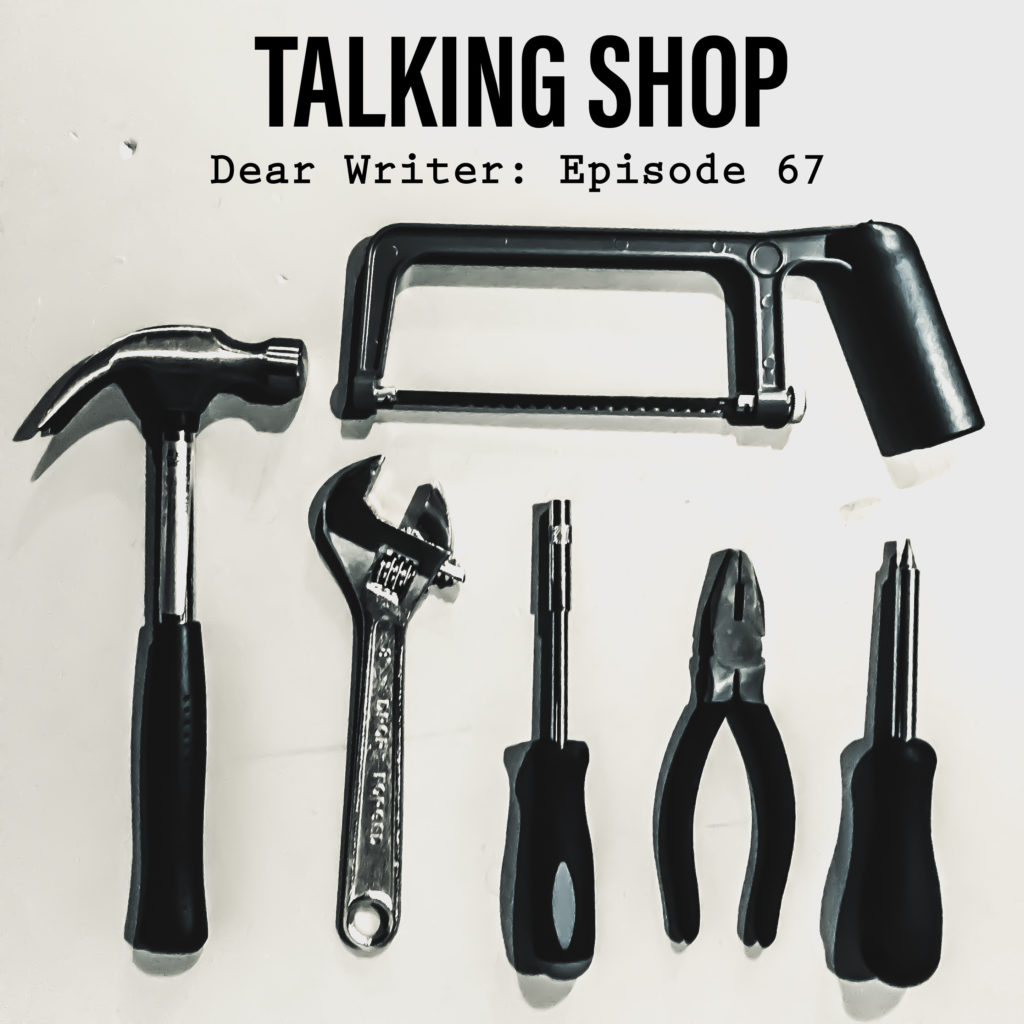
Episode Summary:
Sarah’s Tool of the Month:
‘Newspaper Blackout’ by Austin Kleon
I went a bit off the usual path this week and looked at a poetry book by Austin Kleon. We’ll talk about Blackout Poetry a bit more in our next culturing creativity episode, but it is something I’ve become quite interested in over the last few weeks. Basically the book is a collection of poems that he’s written, which are made by taking a newspaper article and blacking out the words he doesn’t need to create a poem. I thought I’d read a few poems I particularly liked:
Gasoline is running out
And no, I cannot walk
To the grocery,
People might recognise me.
–
No head on her slinky shoulders
But observe
The fun they are having
–
Children use their parents
And in thirty years
Parents use their children.
So that gives you a bit of an idea of the strange assortment of things that can come out of your daily newspaper! But in addition to the collection of his own poems, he also talks about the roots of blackout poetry, how he ‘discovered’ it (which he ultimately ended up creating as a way to solve writer’s block). He also discusses similar forms of creative poetry that have been crafted over the years. At the back, there is a section on how to create this poetry yourself. It was a very quick book to read, and definitely not your average book on craft or grammar that I usually review on these talking shop episodes, but I thoroughly enjoyed looking at something different and even simply reading the poems I found helpful in sparking my own creativity.
Ashley’s Tool of the Month:
‘Summoning Ghosts and Releasing Angels – Challenging the Tyranny of the Blank Page’ By Amina Alyal and Oz Hardwick
Introduction: “How do you pass through that first, often terrifying, encounter with the blank page?” – a question at the heart of an entire industry (guides, classes, courses, networks).
The description ‘terrifying’ might seem dramatic to those who have never come face to face with a blank page. But it is real – there are entire books dedicated to over coming the ‘adversarial encounter’ (prompts, strategies etc). The problem is not a lack of ideas (most writers have more ideas than they can write in a lifetime) but somehow still find the concept of a blank page overwhelming.
The authors propose that the best way to deal with the blank page is to reconceptualise it using two frameworks that are influenced by visual phenomenon: Charles Bonnet Syndrome and Pareidolia.
Summoning Ghosts: This framework loosely relies on Charles Bonnet Syndrome (this syndrome causes people whose vision has begun to deteriorate to see things that aren’t there. In other words, to hallucinate). This is applied to writing where the author creates ‘gaps’ that the reader fills in, or projects their own ghosts into the fragments that are presented to them. You can also apply this to beginning to write something on the blank page if you don’t know where to start. Alyal and Hardwick suggest writing a generic (and somewhat cliched) short story, only a couple paragraphs long. Edit the story to make it more visceral. Then take a scalpel to it. Remove most of it and rearrange the remaining words into a poem. This lets the reader link the words together on their own, and maybe discern a different meaning from the original story.
Releasing Angels: “Most writers feel that it is incredibly difficult to start, even with plenty of time at their disposal.” Apart from time, writers often need to find the space to write, the quiet to write. Distractions and noise make it hard to focus on what they want to say. The author suggests embracing these disruptions in our everyday. Pareidolia is the phenomenon of interpreting vague or random stimuli as a pattern or image of something that’s not there. E.g., seeing a slumped figure in a pile of bin bags or the image of Jesus in a potato chip. It can also manifest as voices on the wind. Perhaps, this phenomenon can be exploited for writing. Perhaps, we can use words to evoke the idea of a story, where just writing words consistently can lead to either the idea of a story OR give us a starting point for a story we already have in our minds. The authors use the example of journal entry which, when looking back on it later, inspired a prose poem.









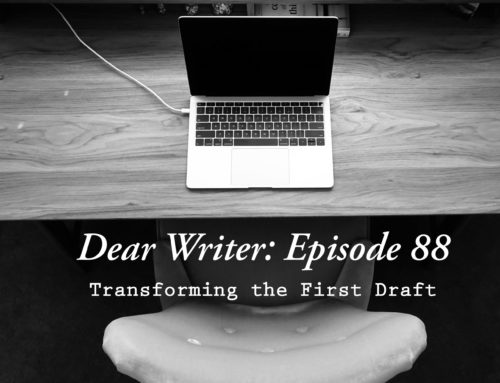


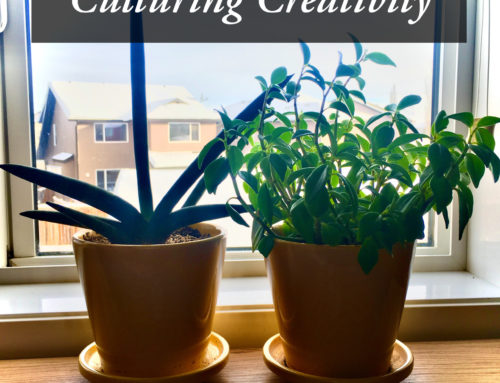




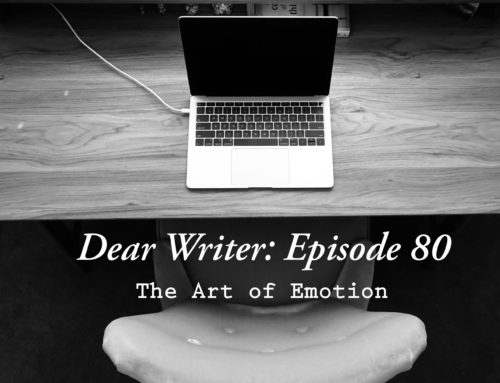


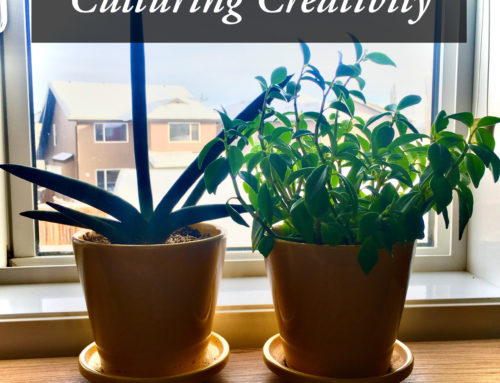
Leave A Comment